
Your restaurant etiquette says more about you than you realize. The way you speak to the server or gesture for the check leaves an impression. That’s because both guests and staff tend to pick up on tone and attitude quickly. Do you want to dine with ease and elegance? Here are 10 etiquette rules to keep in mind.
Don’t Start Eating Before Everyone Is Served
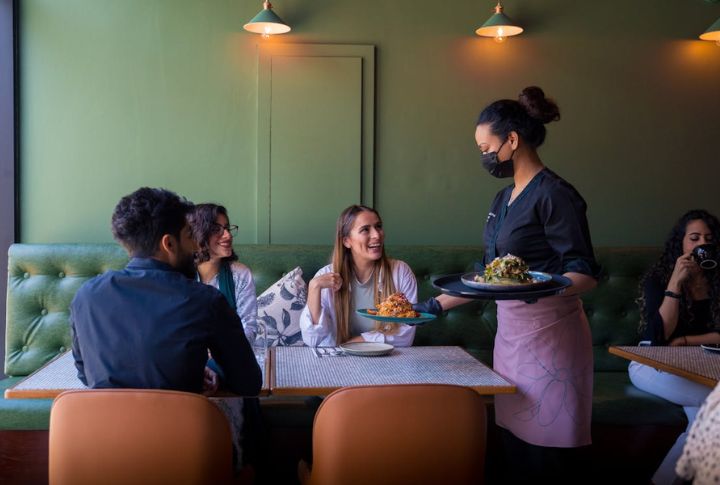
Hold off on eating until everyone at the table has their food served. If you start early, others might feel rushed or left out, especially at a family get-together. Many cultures even view meals as shared experiences, so eating first without permission is deeply disrespectful.
Never Talk With A Mouth Full
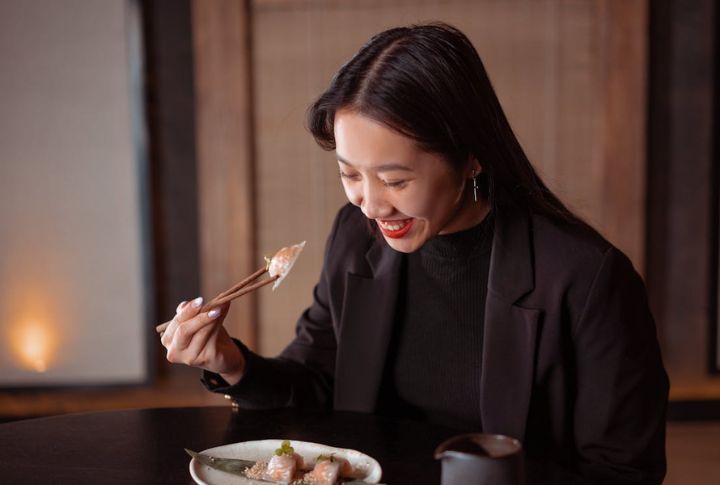
Speaking with a full mouth makes words sound unclear and risks spraying food particles on others or your plate. On the other hand, it shows awareness and politeness to chew properly and swallow completely before joining the conversation. Keeping your mouth closed while chewing is basic respect for everyone at the table.
Don’t Reach Across The Table
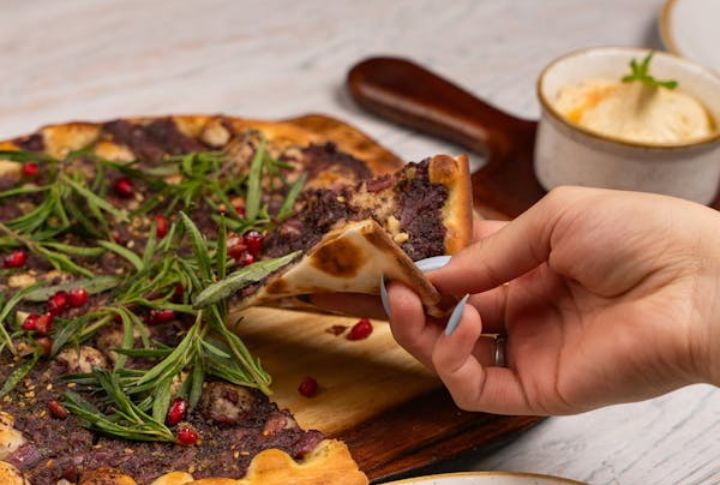
Politely asking for the item to be passed shows good manners and keeps meals organized for everyone. Stretching over plates and drinks invades personal space and risks knocking things over. You might also accidentally brush against someone’s food or spill their drink, which can disrupt table harmony.
Avoid Ordering Messy Or Difficult Foods
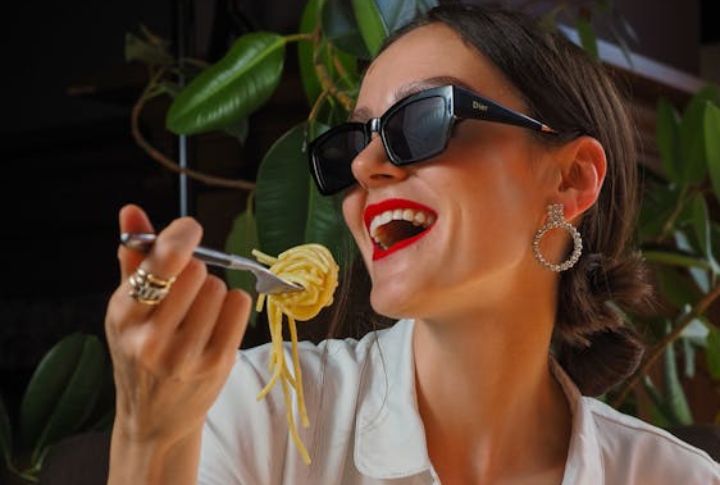
Spaghetti sauce on your shirt during a business dinner is not ideal. Stick to foods you can eat gracefully without fighting your plate. Dishes like ribs or French onion soup may taste great, but they can be distracting. You want to focus on conversation, not on how to manage a messy bite.
Don’t Cut All The Food At Once
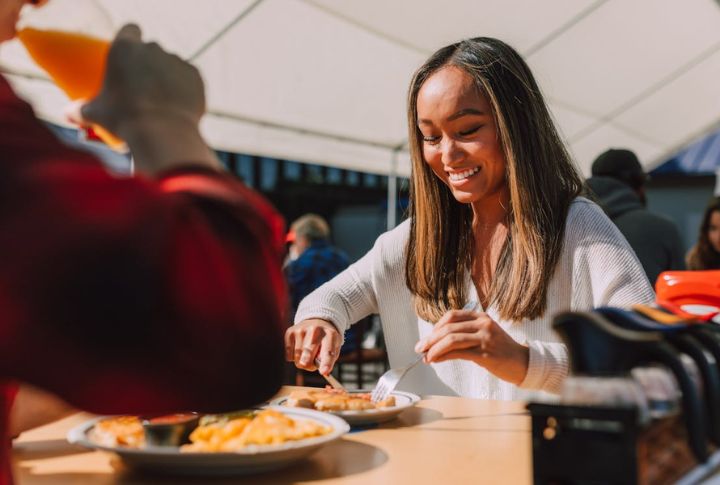
Pre-cutting the entire meal looks childish and shows zero table awareness. Slice just a few bites at a time— the food stays warm and you’ll naturally slow down to savor each bite. It’s not a race—slow down and enjoy the food and the company.
Don’t Stack The Plates When Finished
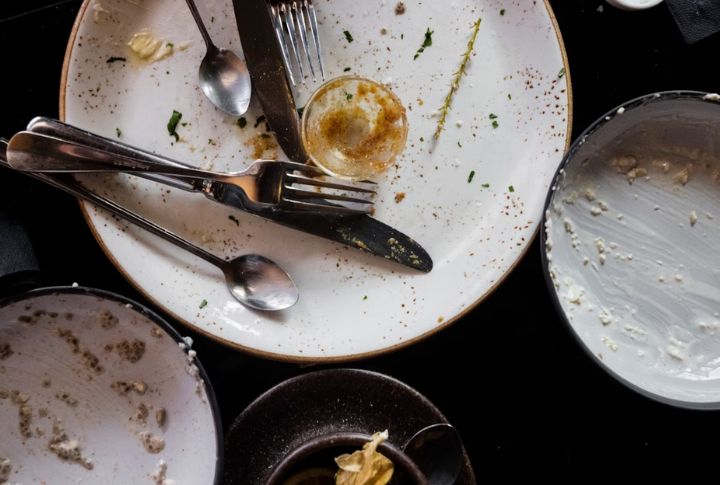
Servers have a system for clearing plates—don’t mess with it by stacking everything yourself. You might think that’s being helpful, but it creates safety risks and disrupts their workflow. Fine dining restaurants even consider plate stacking disrespectful and awkward; therefore, let the staff handle their job properly.
Don’t Flag Down Or Touch Servers
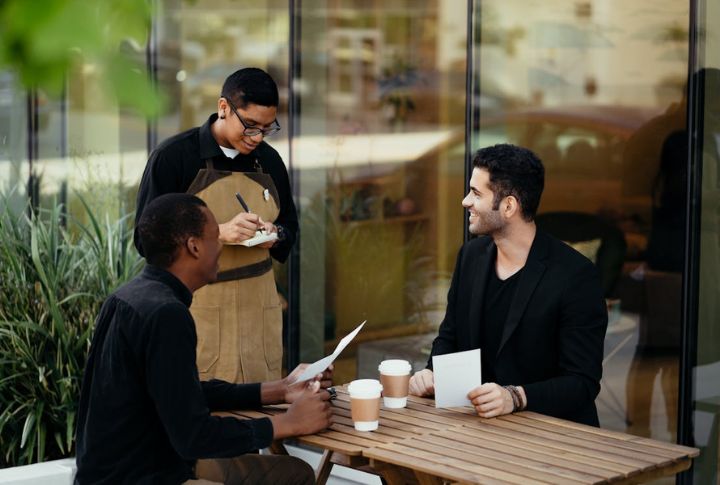
Restaurants train servers to ignore finger snapping and aggressive waving. Instead, make gentle eye contact or raise your hand subtly when you need something. Touching staff members also crosses personal boundaries and is thoughtless. A comfortable dining experience requires mutual respect for both you and the staff.
Keep Your Napkin On Your Lap
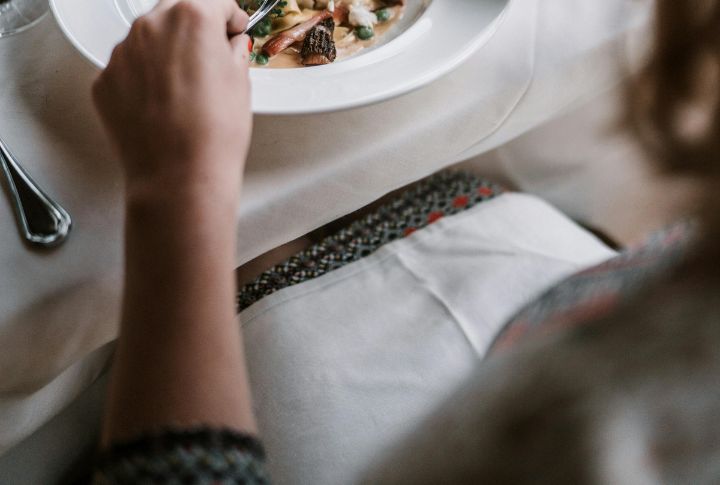
Placing your napkin on the lap as soon as you sit down sets the tone for proper dining. When you leave temporarily, fold it on your chair, and when you’re done eating, keep it neatly on the left side of your plate. Napkin placement quietly signals your status to servers; moreover, it keeps your clothes clean and helps you stay tidy throughout the meal.
Taste Food Before Adding Seasoning
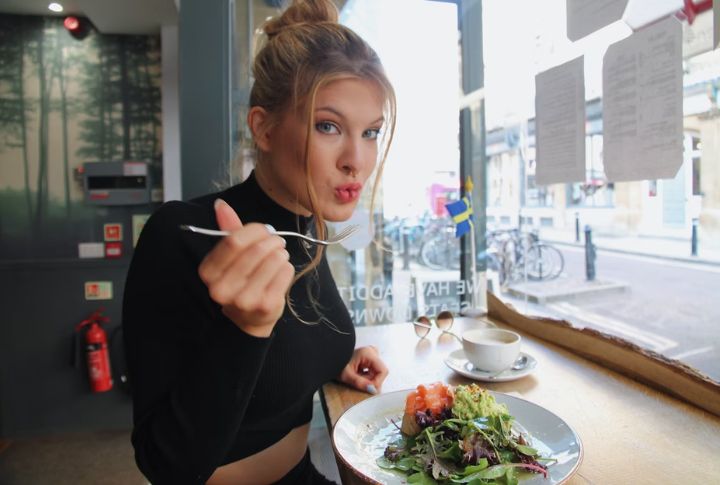
Grabbing salt before your first bite indicates that you assume their food needs fixing, which is disrespectful to the chef. Taste first to experience what the kitchen intended to create, since automatic seasoning can destroy carefully balanced flavors and ruin hours of thoughtful preparation.
Don’t Announce Personal Excuses
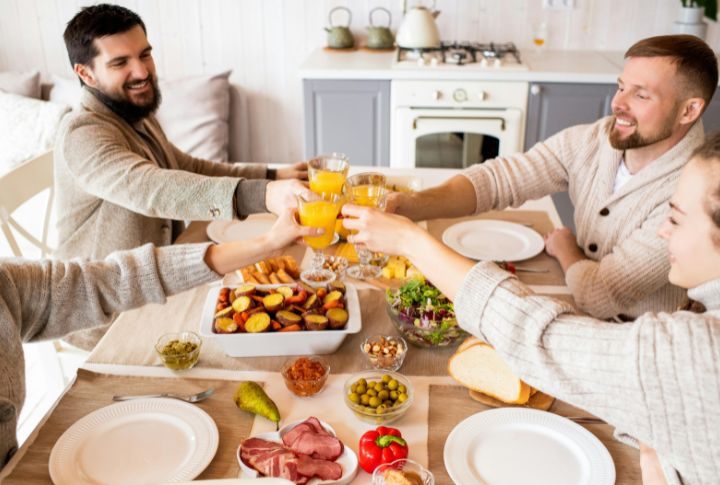
Step away quietly by simply saying “excuse me”, and there’s no need to explain where you’re going. Giving personal details disrupts the conversation and can make others uncomfortable, especially in formal settings. Keeping it brief and polite maintains the table’s rhythm. Your discretion makes you feel composed, and others feel at ease.

